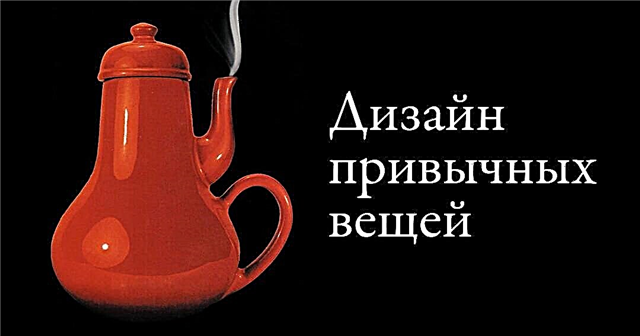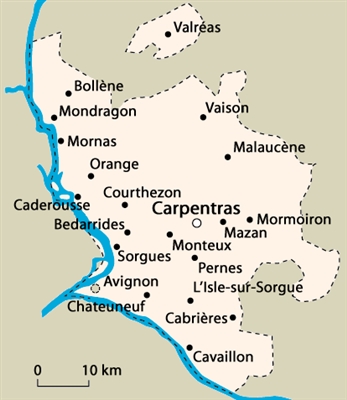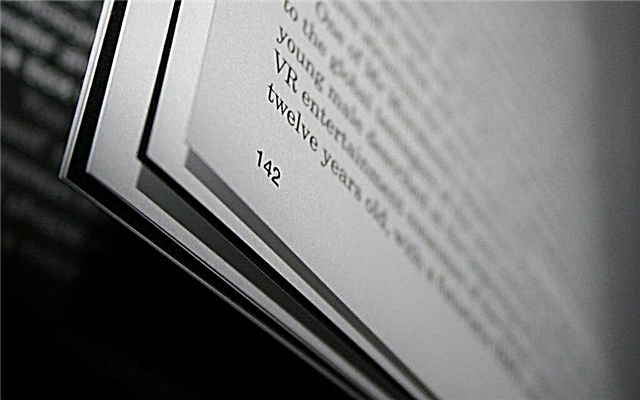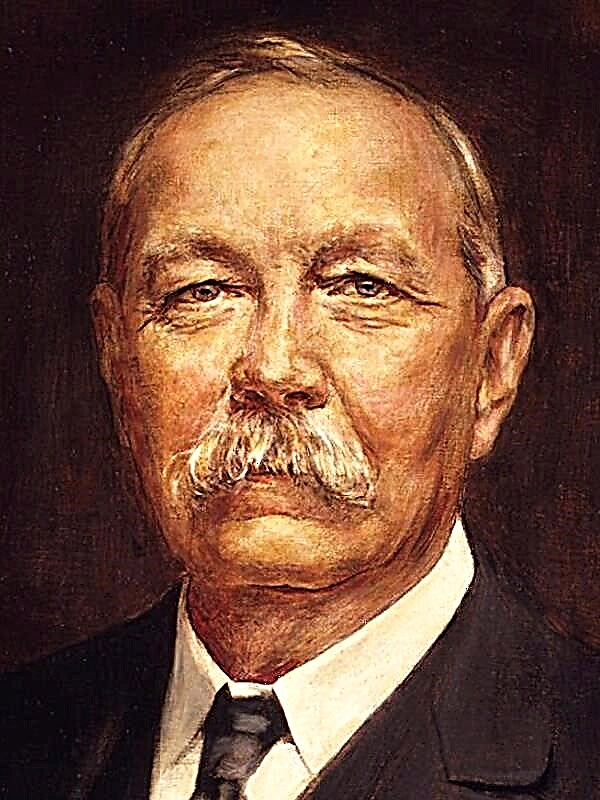The story of fearlessness and boundless love for the Motherland is one of Nikolai Vasilyevich Gogol’s most complicated ideas, embodied in one of his famous short stories “Taras Bulba”. Work on it took the writer nine years, from 1833 to 1842, of course, with some interruptions. The work was first published in the Mirgorod cycle back in 1835. Here is a very brief summary of the book for the reading diary from Literaguru.
(456 words) This story is about a former colonel, an old Cossack Taras Bulba, whose sons Ostap and Andriy returned to after their long studies in Kiev. On this occasion, Taras collects the entire regimental rank. Recalling the past, he declares that in the morning he will bring his children to the Zaporizhzhya Sich.
An unhappy mother spends all night near their beds, as if anticipating evil. As soon as morning came, they forced the weeping woman away from her sons by force, and Taras set off with them. They drove in silence, each thinking of his own. Father recalled the dashing deeds of his past turbulent life. Ostap, although severe and serious in character, was still touched by his mother's tears and, therefore, he was saddened. Andriy is also saddened by the parting with his native house, but all his thoughts are only about the beautiful Polish girl he met in Kiev. Once he even managed to get into her bedroom through the chimney, but soon the little lady left, and sadly from this couple in love.
In Sich, all are calm, reckless and idle life lead by the Cossacks. Taras is not happy with this structure, not for that he brought Andria and Ostap here, and he succeeds in persuading the Cossack army to go to the Poles. Fierce battles begin, where in the forefront the sons of Taras are always visible. Fate favors the Cossacks. But then it comes to the capture of the city of Dubna, where the army is resisted. It takes more than one month to besiege the city; young soldiers are quickly bored with idleness. Once, in the middle of the night, Andriy wakes up from the fact that a maid of that very beautiful little lady is standing over him, who, having learned about him, asks to give some bread for her mother. Having collected bread in bags as much as he could carry, a guy goes for a Tatar servant through secret passages to the city. The very next day, a couple renounces everything that is dear to any person: from his homeland, from his comrades, and from his father and brother. He promises to remain to the end with a little panel and protect it.
Two terrible news are immediately received by Taras; the Tatars attacked Sich, learning about the absence of the Cossacks, and his youngest son betrayed his homeland. The fighters decide to split their army in two: some will return to Sich, others will continue the siege. Ostap and his father remain in the city. The Poles found out about this, and, having gathered their last strength, attacked. Among their troops saw Andria. Having lured him into the forest, Taras personally kills his son. But the Poles won. Ostap was captured, and the comrades took the wounded Taras to Sich.
Having recovered, with the help of a Jew, Taras is transported to Warsaw to find and redeem his only son now. But fate leads him only to the terrible execution of Ostap in the middle of the city square.
Hundreds of thousands of Cossacks gather in a single army to take revenge on the Poles. The fiercest of all is Taras. He does not even agree to the peace proposed by the Polish hetman. Throughout Poland, the Bulba army is rampaging. But then he was overtaken by the shelves of that hetman. They tie old Taras to an oak and make a bonfire under it. The remaining Cossacks manage to escape, together they row the oars and talk about their chieftain.












